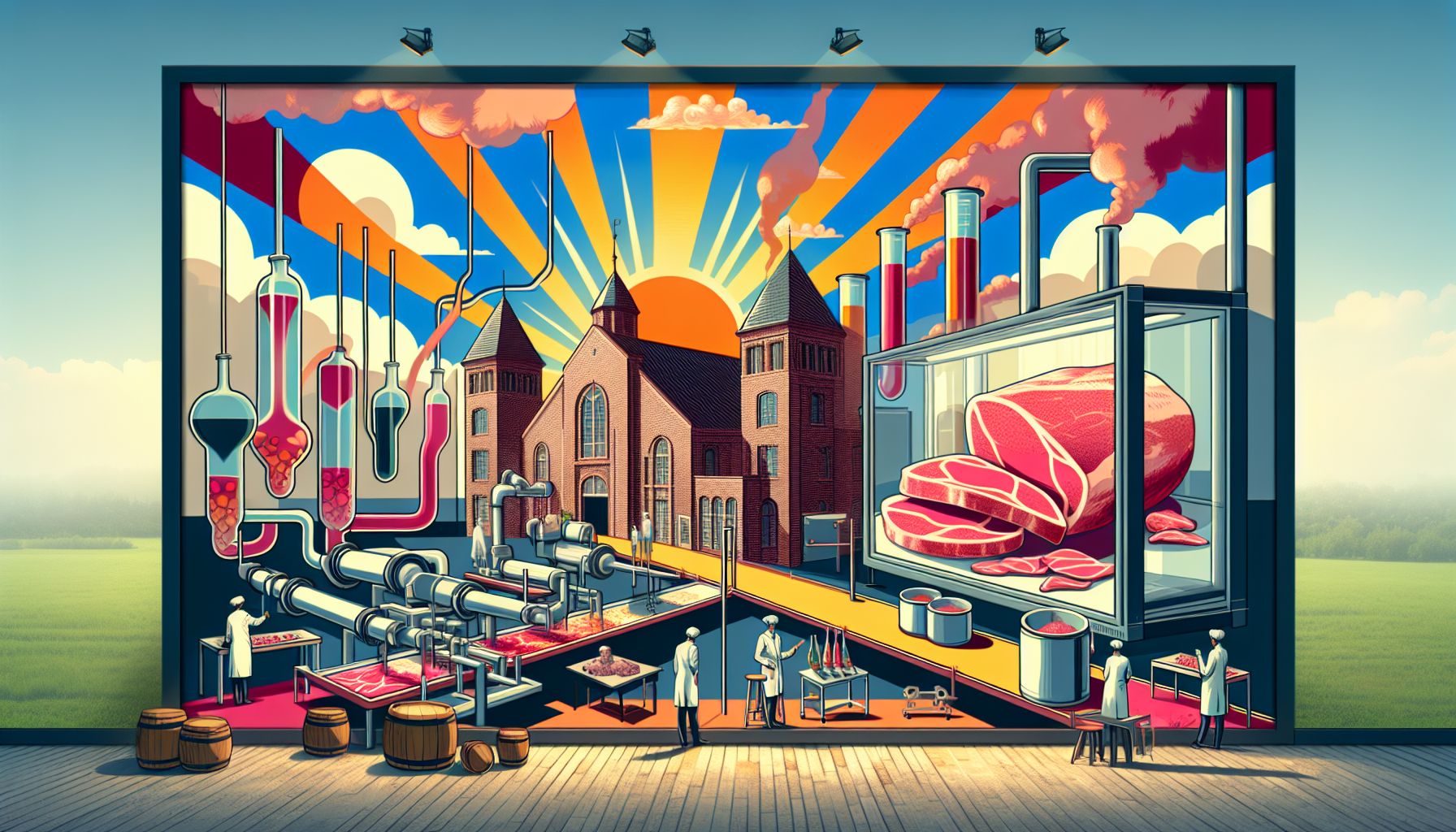Mosa Meat Secures €40 Million to Scale Cultured Beef Production

Maastricht, Tuesday, 20 August 2024.
Dutch startup Mosa Meat has raised €40 million to advance cultured beef technology. This funding will support scaling production processes and preparing for market introduction, bringing lab-grown beef closer to consumers as a sustainable alternative to traditional meat.
A Pioneer in Cultured Meat Technology
Founded in 2016, Mosa Meat is a pioneer in the field of cultured meat technology. The company, headquartered in Maastricht, Netherlands, was co-founded by Mark Post and Peter Verstrate, who introduced the world’s first cultivated beef burger in 2013. This recent funding round, led by Lowercarbon Capital and M Ventures, also saw participation from new partners like Invest-NL and LIOF, as well as traditional meat sector giant PHW Group.
Sustainability and Innovation
Mosa Meat’s mission is to reform the global food system by offering a more sustainable and humane alternative to conventional meat production. By growing meat directly from cow cells, the company aims to reduce the environmental impact associated with traditional livestock farming. According to a 2022 study, food production accounts for 26% of global greenhouse gas emissions, with 60% of that coming from meat production[1]. Cultivated meat could significantly lower these emissions, contributing to global efforts to combat climate change.
How It Works
Cultured meat, also known as lab-grown or cell-based meat, is produced by cultivating animal cells in a controlled environment. The process starts with the extraction of cells from a live animal. These cells are then placed in a nutrient-rich medium that mimics the animal’s body, allowing them to grow and multiply. Over time, the cells differentiate into muscle fibers and fat, forming tissue that closely resembles conventional meat. This method not only reduces the need for animal farming but also minimizes the environmental footprint of meat production.
The Road Ahead
Despite the promising potential of cultured meat, regulatory hurdles remain a significant challenge. As of now, regulatory approvals for cultivated meat products exist only in Singapore, the US, and Israel. In Europe, the European Food Safety Authority has yet to approve any such products for human consumption[2]. However, Mosa Meat is optimistic, preparing its first formal tastings of cultivated beef in the Netherlands. The company has also achieved B Corp certification, underscoring its commitment to social and environmental performance.
Implications for the Future
The successful commercialization of cultured meat could revolutionize the food industry. Beyond its environmental benefits, lab-grown meat offers a solution to the ethical concerns associated with animal farming. It aligns with multiple Sustainable Development Goals (SDGs) including Zero Hunger, Good Health and Well-Being, and Climate Action[3]. As Mosa Meat continues to advance its technology and scale production, it stands at the forefront of a movement that could redefine how we produce and consume meat.

